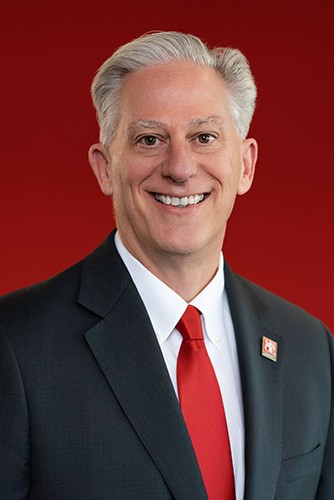What is Computational Science?
Broadly speaking, computational science utilizes the power of computers to solve complex problems in the fields of science and engineering. At its core are computer programs that are written by computer scientists and software engineers in collaboration with other engineers and scientists who are looking to solve these complex problems. Computational science has been used to model and simulate many natural phenomena such as global weather patterns, human blood flow, the structural integrity of bridges during earthquakes, and many others.
Diercks Hall will serve as the academic home for courses that provide the foundation for computational science, namely computer science and software engineering. The new facility will also house a supercomputer that is specifically designed to solve complex problems through a computational technique known as deep learning or deep neural networks. This technique is at the forefront of the artificial intelligence revolution whereby computer systems learn to recognize patterns within large data sets and then use these patterns to help us talk to our digital devices, assist doctors in diagnosing difficult medical conditions, and learn how to navigate self-driving cars. The academic community at MSOE is excited about the many ways in which computational science and deep learning will impact our programs and, ultimately, our students.
Eric T. Baumgartner, Ph.D.
Vice President of Academics

